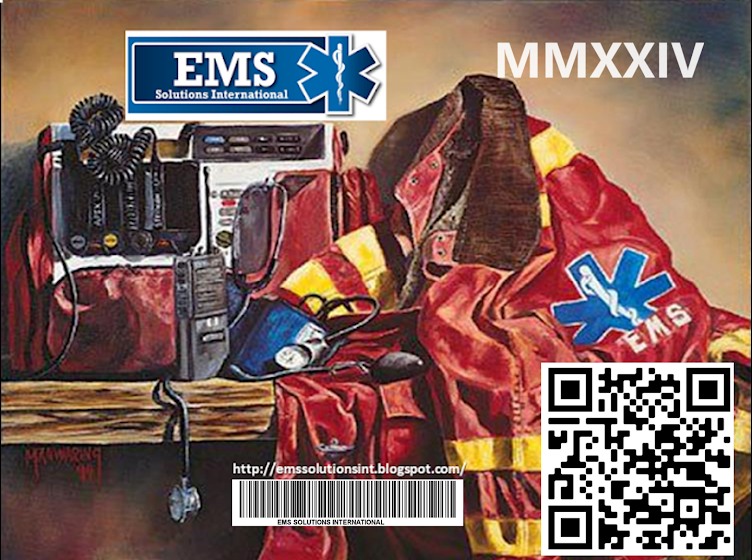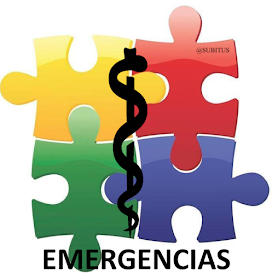Vaccine-Preventable Diseases
Vaccine recommendations are based on the best available risk information. Please note that the level of risk for vaccine-preventable diseases can change at any time.| Vaccination or Disease | Recommendations or Requirements for Vaccine-Preventable Diseases |
|---|---|
| Routine | Recommended if you are not up-to-date with routine shots, such as measles/mumps/rubella (MMR) vaccine, diphtheria/pertussis/tetanus (DPT) vaccine, poliovirus vaccine, etc. |
| Hepatitis A or immune globulin (IG) | Recommended for all unvaccinated people traveling to or working in countries with an intermediate or high level of hepatitis A virus infection where exposure might occur through food or water. Cases of travel-related hepatitis A can also occur in travelers to developing countries with "standard" tourist itineraries, accommodations, and food consumption behaviors. |
| Hepatitis B | Recommended for all unvaccinated persons traveling to or working in countries with intermediate to high levels of endemic HBV transmission, especially those who might be exposed to blood or body fluids, have sexual contact with the local population, or be exposed through medical treatment (e.g., for an accident). |
| Typhoid | Recommended for all unvaccinated people traveling to or working in the Caribbean, especially if staying with friends or relatives or visiting smaller cities, villages, or rural areas where exposure might occur through food or water. |
| Rabies | Recommended for travelers spending a lot of time outdoors, especially in rural areas, involved in activities such as bicycling, camping, or hiking. Also recommended for travelers with significant occupational risks (such as veterinarians), for long-term travelers and expatriates living in areas with a significant risk of exposure, and for travelers involved in any activities that might bring them into direct contact with bats, carnivores, and other mammals. Children are considered at higher risk because they tend to play with animals, may receive more severe bites, or may not report bites. |




